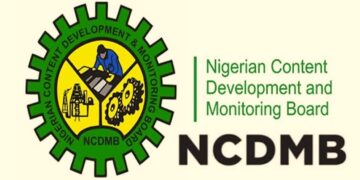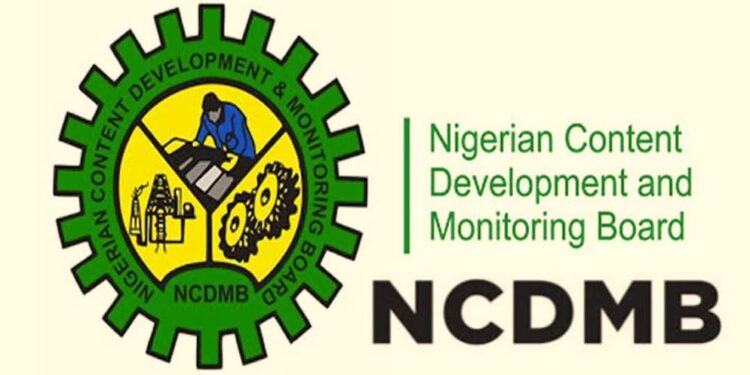By John Ikani
The Nigerian Content Development and Monitoring Board (NCDMB) has – at the African Energy Week 2024 (AEW): Invest in African Energy event, a Local Content Masterclass, – outlined critical strategies to boost local involvement in Africa’s oil and gas sectors.
With insights from NCDMB leaders, the masterclass outlined how Nigeria has grown its local capabilities within the sector, setting a model for other African nations.
Abayomi Bamidele, NCDMB’s Head of Project Certification and Authorization, set the context by stressing the need for local development in the industry. He detailed how the Nigerian Oil and Gas Industry Content Development (NOGICD) Act of 2010, the framework guiding NCDMB, anchors these efforts. “Our mandate is to implement procedures that ensure indigenous participation in Nigeria’s extractive industry,” Bamidele stated.
Expanding on industry trends, Dokubo Philip Obongo, Manager of Institutional Strengthening at NCDMB’s Capacity Building Directorate, shared key figures: “Nigeria holds 37 billion barrels of oil reserves, 206.53 trillion cubic feet of gas, a population of 220 million – 60% of which is working class – and a growing $374 billion GDP.”
He pointed out past challenges, noting that early efforts focused heavily on crude output, leaving local workforce development behind. To drive change, he outlined NCDMB’s six foundational pillars: regulatory policies, gap analysis, capacity enhancement, financing, R&D, and market growth.
Obongo began with regulatory policies, emphasizing trust, transparency, and clear rules as foundational. “The law must not only promote investments but also adapt to local realities,” he explained, noting how NCDMB has set value benchmarks and maintains active oversight to ensure compliance.
Addressing data-driven strategies, Obongo highlighted gap analysis as essential. “In 2010, local content levels were below 5%. Today, we have achieved 54%, with a goal of reaching 70% by 2027,” he shared, attributing the rise to targeted monitoring and progress metrics.
Discussing capacity enhancement, Obongo described how NCDMB is building skills through project-focused training. “Continuous, project-based training helps equip Nigerians to handle increasingly complex industry demands,” he noted, highlighting a hands-on approach as key to building a skilled workforce.
NCDMB’s Director of Finance and Personnel Management, Ifeanyi Ukonu Ukoha, elaborated on the other pillars. “Capital is king in supporting local content,” Ukoha observed, mentioning the NOGICD Act’s requirement that 1% of upstream budgets be directed to local development. He described partnerships with financial institutions, such as a $50 million collaboration with the Bank of Industry, which has empowered small- to medium-sized enterprises (SMEs) in the sector.
On R&D, Ukoha underscored the need for local innovation. “Nigeria spends only 0.6% of GDP on R&D, compared to over 3.6% in the U.S.,” he stated, adding that NCDMB has committed $50 million toward research. This funding is aimed at encouraging local ideas and fostering collaboration between the industry and educational institutions to bring innovations to market. “Staying ahead of industry trends means we need consistent innovation,” he said.
Market access, Ukoha explained, focuses on creating opportunities for local companies to expand. “We hold market education workshops and encourage partnerships to ensure local players can compete effectively,” he noted, describing how NCDMB works to align local firms with the African Continental Free Trade Area, while also aiming to drive regional economic growth.
Summing up, Ukoha clarified that local content is about creating lasting economic strategies. “It’s a long-term business strategy, not corporate social responsibility,” he concluded, underscoring the importance of sustainable growth.



































